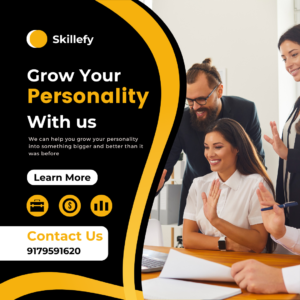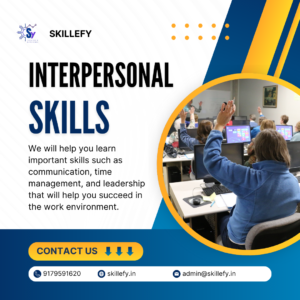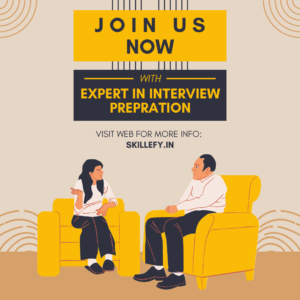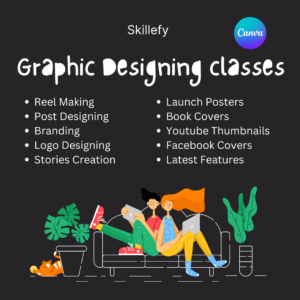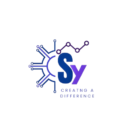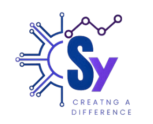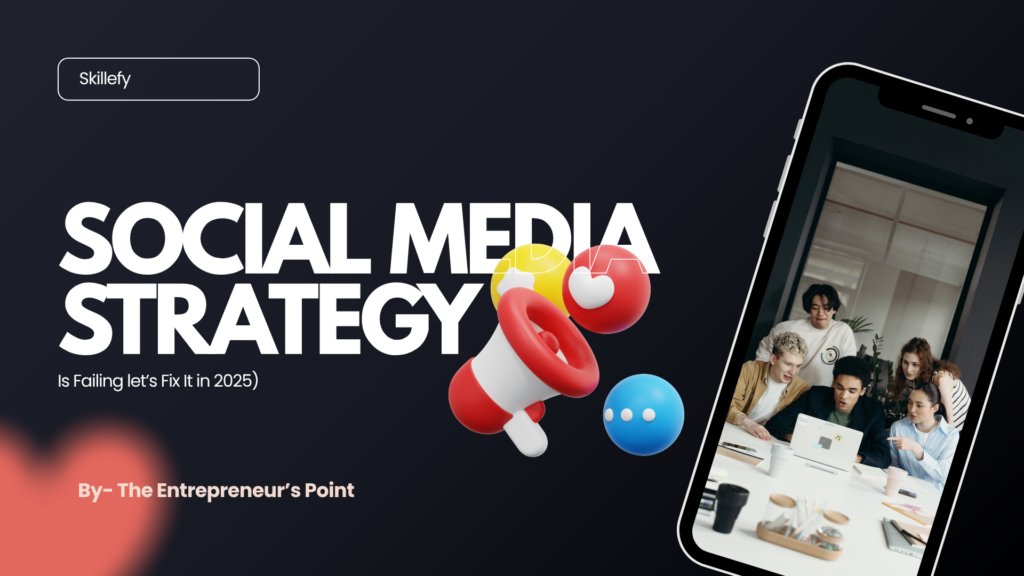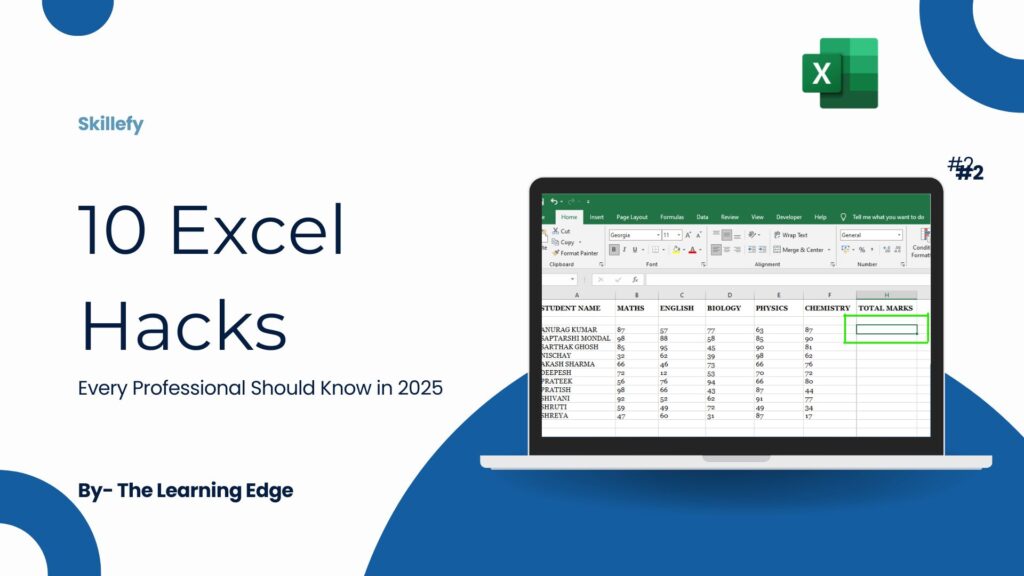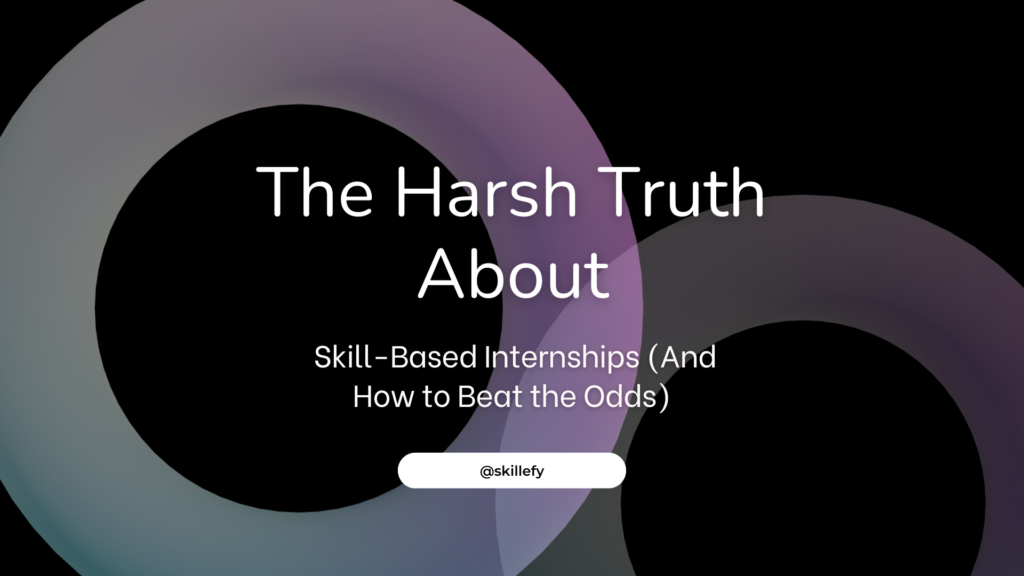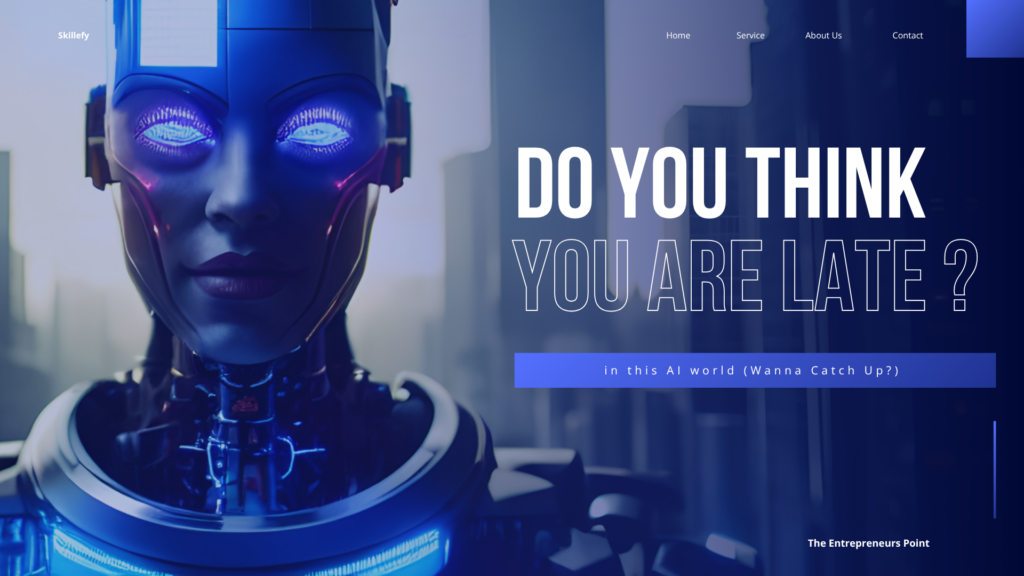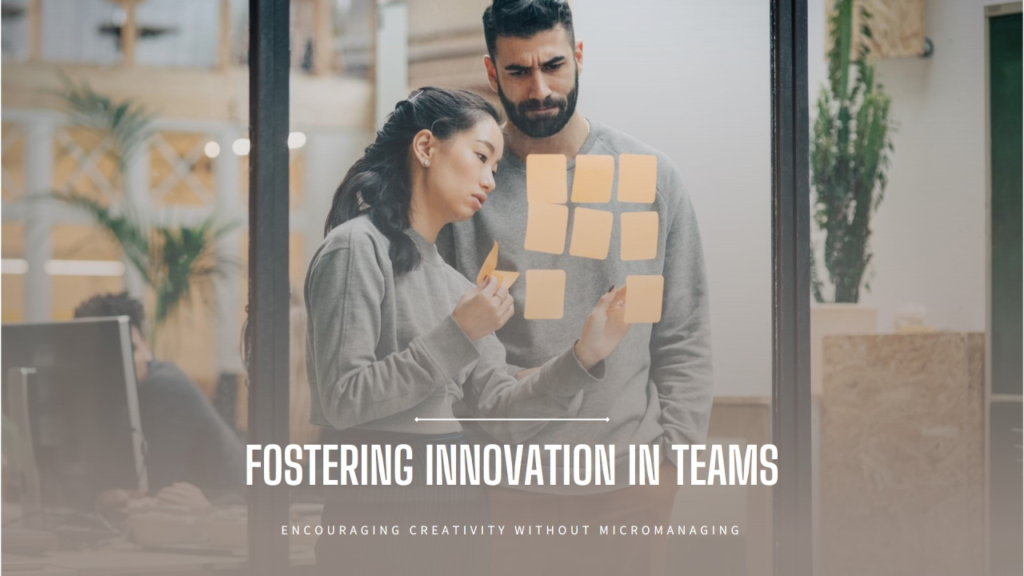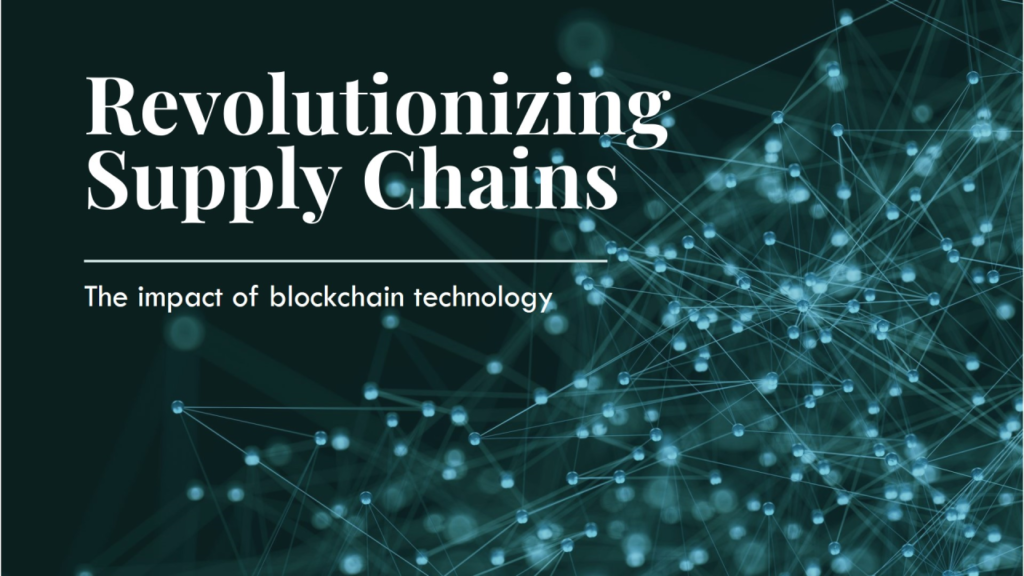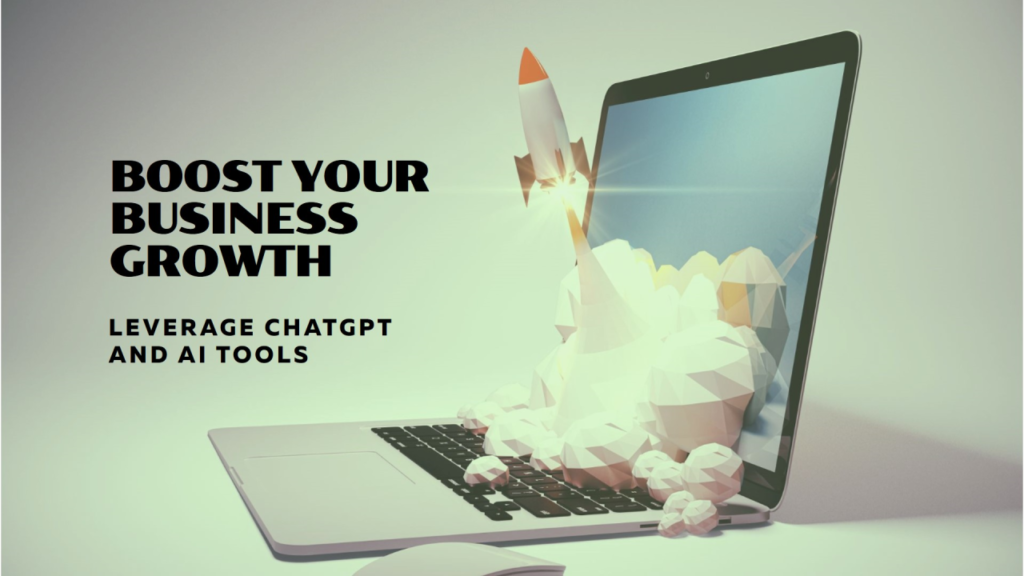While AI continues to develop, many are convinced that it will replace jobs. However, this is far from the case as AI changes how we work and what we have to learn for success in the workplace. For one to understand today’s fast-evolving market it is necessary to understand the new shift and be prepared for it
Impact of AI on Jobs
AI technologies are automating many repetitive and routine tasks across different industries. By the same token, while some jobs may eventually become redundant through automation, at the same time, new job opportunities emerge based on human ingenuity, problem-solving, and emotional intelligence. For example, in manufacturing, assembly line jobs can be executed by robots; however, there is a requirement for human intervention to oversee operations, program the machines, and troubleshoot any problems.
Similar is the case with health care, where AI can aid in diagnostics, data analysis, and patient monitoring. This allows the medical practitioner to focus more on the patient. The crux of the matter is that AI is not replacing jobs; it is only moving the emphasis towards complex, creative, and human-related tasks.
The Case against AI Redefining Jobs
However, while the glass remains half full, some argue that AI is, replacing jobs on an unprecedented scale. They point to different industries in which automation has led to large-scale job loss in manufacturing, retail, and logistics. For instance, the advent of autonomous cars is expected to eliminate millions of jobs in transportation-from truck drivers to delivery personnel. In addition, sectors like customer service and retail are increasingly using AI-driven chatbots and kiosks, reducing the demand for human laborers.
There’s the issue of skills gap, a growing concern in itself. The same thing has been increasing the demand for the roles of a data scientist, a machine learning specialist, or an AI ethicist but, on the other hand, traps most of the workforce in the unemployment-underemployment cycle because of lacking skills. Other critics argue that excessive reliance on AI may make economic inequality because only those having high technical skill sets or better access to education would thrive and leave others far behind.

Then there is the ethical dimension of AI implementation. On one hand, biased algorithms could perpetuate discrimination, and decisions made by AI systems could be opaque and lack human touch or accountability. Critics warn that these would create more problems than benefits unless handled with utmost care. Thus, the notion that AI is just reframing jobs, not displacing them outright, remains hotly debated.
Adjusting to the AI-centric workplace
To be effective in an AI-empowered workplace, you need to learn how to adapt and acquire new skills. Here’s how to stay relevant:
1. Develop Digital Literacy
You must know and utilize digital tools. You must understand the basic principles of AI, machine learning, and data analytics. You can learn such skills free through various online courses or even without any technical background.
2. Focus on Soft Skills
Though AI may be ahead of humans in terms of data processing and mathematical calculations; it does not possess emotional intelligence, empathy, or creativity. Enhance your communication, leadership, and critical thinking skills. All these human traits will remain very much in demand in collaborative and innovative environments.
3. Lifelong learning
These would require continuous development in technology as well. A person needs to keep updating on new trends emerging in the field, attend many workshops, and get certifications at work to fine-tune oneself. Versatility is also another asset one has to have to work in today’s changing environment of the job.
4. Use AI as an Enabler
Treat AI not as an enemy but as a friend. Master how to integrate AI tools to reduce workflow hassle, enhance productivity, and be able to make better decisions based on data. Take audience analysis using AI by marketers, or apply AI to your writing research and editing tasks.
5. Emerging Fields
AI is creating demand for data science, AI ethics, machine learning engineering, and cyber security. Study these fields to see where your interests and the needs of the market align. A new career can be made in these fast-growing sectors.
6. Grow a Growth Mindset
One needs to be positive about change. Instead of fearing AI, one should embrace it as an opportunity for growth and development. With a growth mindset, you can accept new challenges and turn them into opportunities for personal and professional development.
Preparing Organizations for the AI Revolution
Organizations also play a critical role in this transition. Companies should invest in up skilling their workforce, foster a culture of continuous learning, and integrate AI in ways that complement human capabilities. By prioritizing employee development and ethical AI implementation, businesses can ensure a smooth transition to an AI-driven future.
Conclusion
AI is not here to replace jobs but to redefine them, pushing humans toward roles that leverage creativity, empathy, and strategic thinking. Staying relevant in this evolving landscape requires a proactive approach to learning, adaptability, and collaboration with AI tools. However, it’s equally important to acknowledge the challenges, including job displacement, skills gaps, and ethical concerns, that come with AI adoption. In fact, by discussing some of the related issues and introducing an inclusive path to technological progression, one might even unlock the potential hidden in AI and; hence, lay the grounds for a future whereby technology works with people.
Learn More – Success Blueprint
Visit our Linkedin Profile – Success Blueprint
Wanna Know How To Create GST-Compliant Invoices in Tally Prime.?
Introduction In a world where businesses run on speed, automation, and compliance, Tally Prime remains…
Avoid These 5 Founder Fails That Cost Time, Money & Confidence
The road to entrepreneurship is exciting—but let’s be real, it’s full of potholes.What if you…
Why Your Social Media Strategy Is Failing (And How to Fix It in 2025)
It’s 2025, and yet many entrepreneurs are stuck in 2018-era social media tactics. Posting daily,…
10 Excel Hacks Every Professional Should Know in 2025
Excel is more than just rows and columns. It’s your secret weapon for analysis, reporting,…
The Harsh Truth About Skill-Based Internships (And How to Beat the Odds)
Tired of Useless Internships? Here’s One That Actually Builds Your CareerLet’s be honest: Too many…
Do you think You Are Late in this AI world (How to Catch Up)
In 2025, AI is no longer optional—it’s a weapon for those who know how to…
